"Our world is changing at an unprecedented pace. To prepare our students, lessons must go beyond the "3 R's" and foster 21st century skills. Skills like critical thinking, communication, collaboration and creativity will be essential for students to take on the challenges and opportunities that lie ahead."
Research and publish the best content.
Get Started for FREE
Sign up with Facebook Sign up with X
I don't have a Facebook or a X account
Already have an account: Login
Tech tools that assist all students to be independent learners & teachers to become better teachers
Curated by
Beth Dichter
 Your new post is loading... Your new post is loading...
 Your new post is loading... Your new post is loading...

choukri's curator insight,
April 18, 2013 6:09 AM
Comparaison n'est pas raison entre l'école du 20ème et celle du 21ème siècle 
Andrea Manzano TICE's curator insight,
April 8, 2014 5:27 AM
Le document fait une comparaison entre la façon d'éduquer du XXème siècle et celle du XXIèeme. On nous explique l'évolution qui s'est produite par rapport aux matériels utilisés, les rôles des élèves, parents et maîtres, les contenus...
Je pense que c'est un document intéressant plutôt pour le maître à fin de connaître les différentes changements produits en un siècle. |

Undwear Entrepreneur's curator insight,
November 12, 2013 5:06 PM
Adapt, improve your knowledge & skill sets, or become obsolete!
douglas brassard's curator insight,
March 11, 2015 10:54 AM
This scoop is good because it shows the creativity in the digital classroom.
alena sanchez's curator insight,
March 12, 2015 12:05 PM
This gives you reflection on the things you have been working on, scoop it is a very easy way to find things that you need |




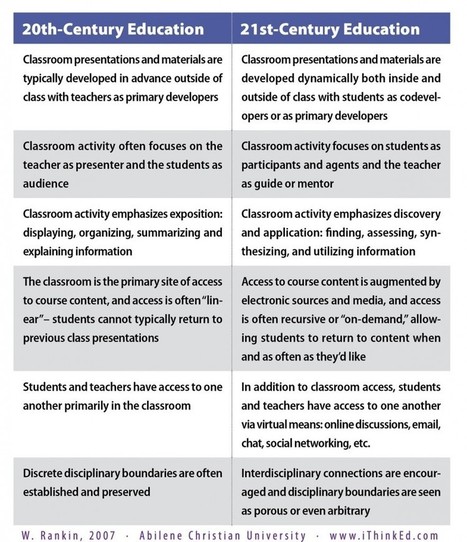
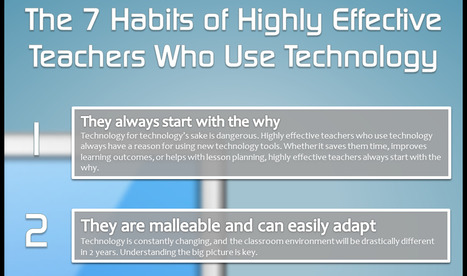
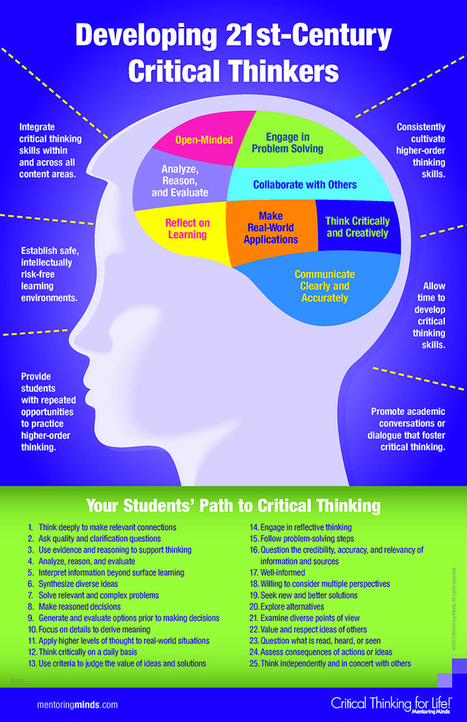
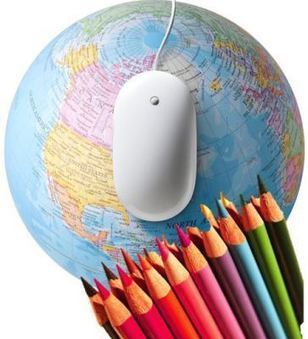
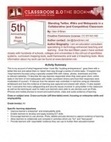





Entièrement d'accord. Entre autre pour la pensée critque par rapport aux informations reçues.
This short video presentation challenges educators with the question: What is 21st century education?
All this is true so where do we start? Children do not start learning when they go to school. They start learning the moment their eyes open. Parents can help their children activate their brains and create fantastic neural networks. All children can encompass all the different styles of learning; Visual:; Auditory; Verbal; Kinaesthetic: -Using touch and taste to explore the information; Logical: a mathematical approach to concepts; Interpersonal -Learning in groups; Intrapersonal - Learning alone. Try some of the early learning from home school resources.
curating for http://www.homeschoolsource.co.uk